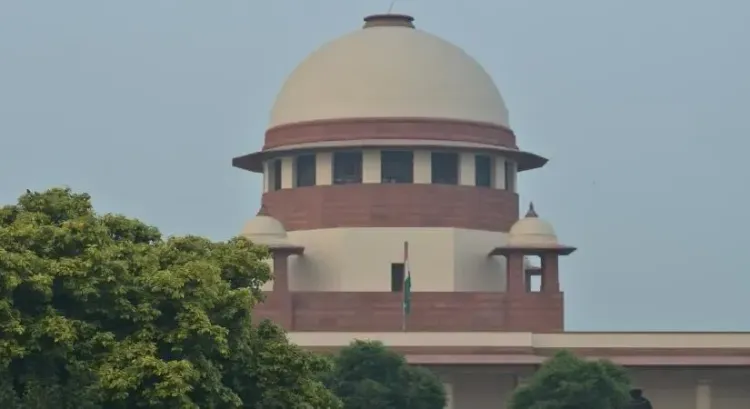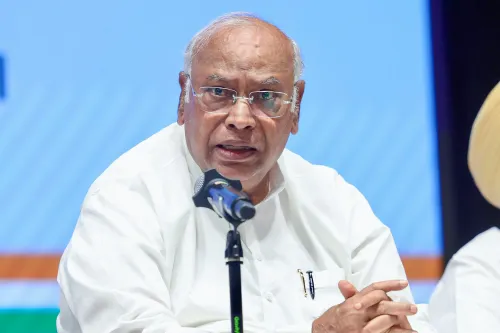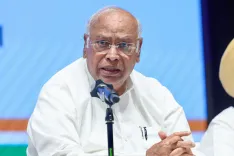Should the SC Impose Stricter Fines in Criminal Cases?

Synopsis
Key Takeaways
- PIL seeks higher fines to enhance deterrent effect.
- Current penalties are inadequate due to rupee depreciation.
- Motor Vehicles Act amendments have increased fines for traffic violations.
- Fines must be substantial to deter potential offenders.
- Insufficient fines fail to compensate victims adequately.
New Delhi, Aug 31 (NationPress) A public interest litigation (PIL) has been submitted to the Supreme Court, urging the establishment of guidelines for lower courts to impose higher fines to effectively meet the punitive and deterrent aims of criminal law.
The petition argues that the fines set under various criminal statutes are insufficient to fulfill their intended purposes, especially in light of the significant devaluation of the rupee over the decades.
It points out that the Motor Vehicles Act has undergone two amendments recently, leading to a substantial increase in fines for numerous traffic violations — such as Rs. 10,000 for drunk driving or for lacking a Pollution Under Control (PUC) certificate.
According to the petition, if an individual violates multiple traffic laws simultaneously, such as driving under the influence while ignoring a red signal and not having a pollution certificate, the total fine can exceed Rs 50,000. Such penalties undeniably serve as a deterrent against such offenses.
However, the PIL contends that fines imposed under criminal statutes have become too trivial, highlighting that amounts like Rs 100 or Rs 500 are inadequate to create any significant impact.
Filed by Sanjay Kulshresthra, the petitioner-in-person argues that fines must be substantial enough to dissuade offenders or potential offenders from engaging in illegal acts, instilling a sense of “fear” regarding punitive measures.
The PIL also argues that fines have failed to serve as a means of compensating victims, citing a case where a trial court imposed a “grossly insignificant” additional fine of Rs 5,000 for a convict concerning a six-year-old rape victim. It criticizes nominal fines of Rs 100, Rs 200, or Rs 500 for their ineffectiveness in supporting the government’s judicial system.
To ensure fines fulfill their intended purpose, they must be quantifiable; otherwise, the objectives become meaningless, the plea asserts.
According to the causelist on the Supreme Court’s website, a bench led by Chief Justice of India (CJI) B.R. Gavai and Justice K. Vinod Chandran is set to hear the case on Monday, September 1.









